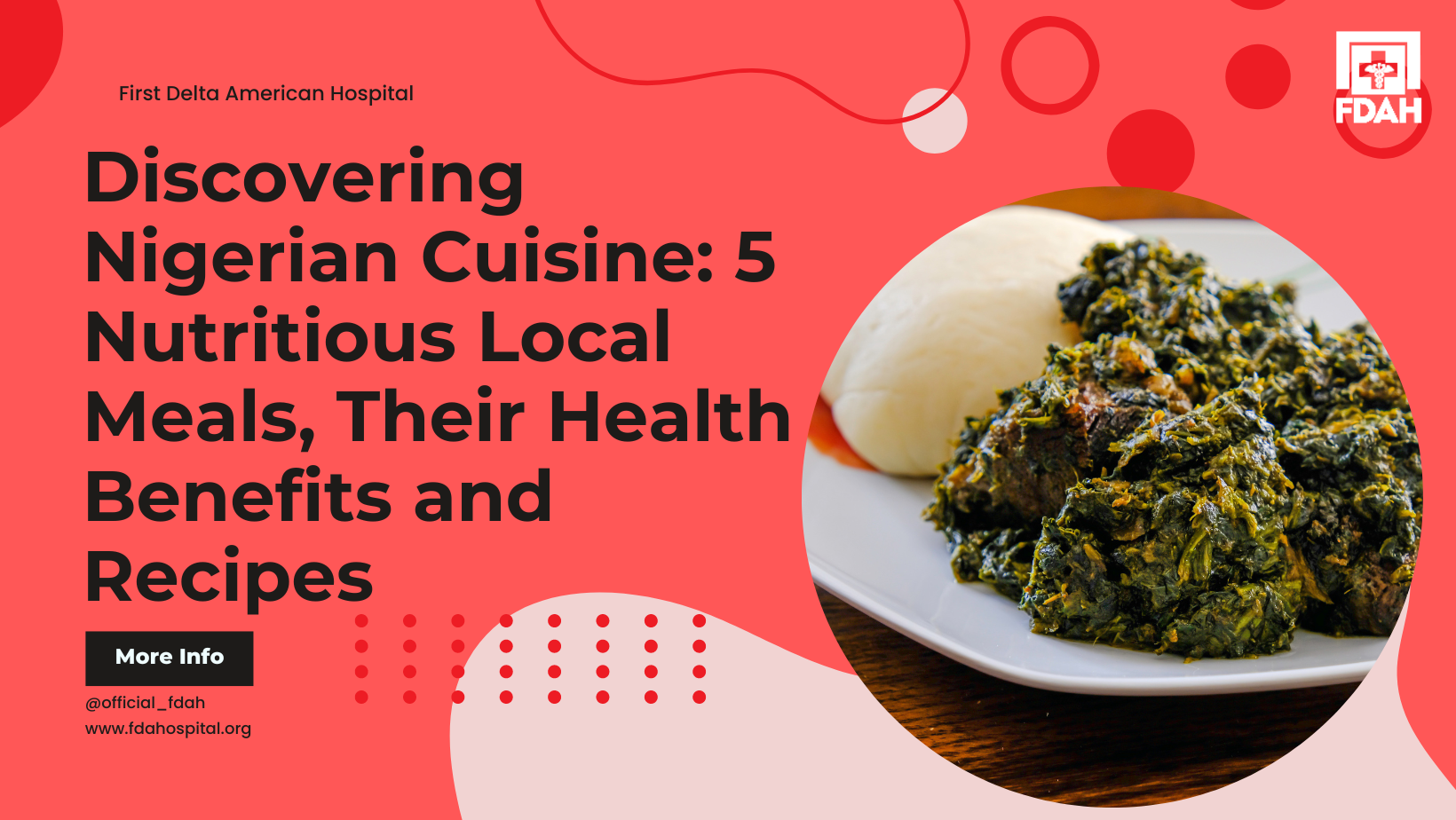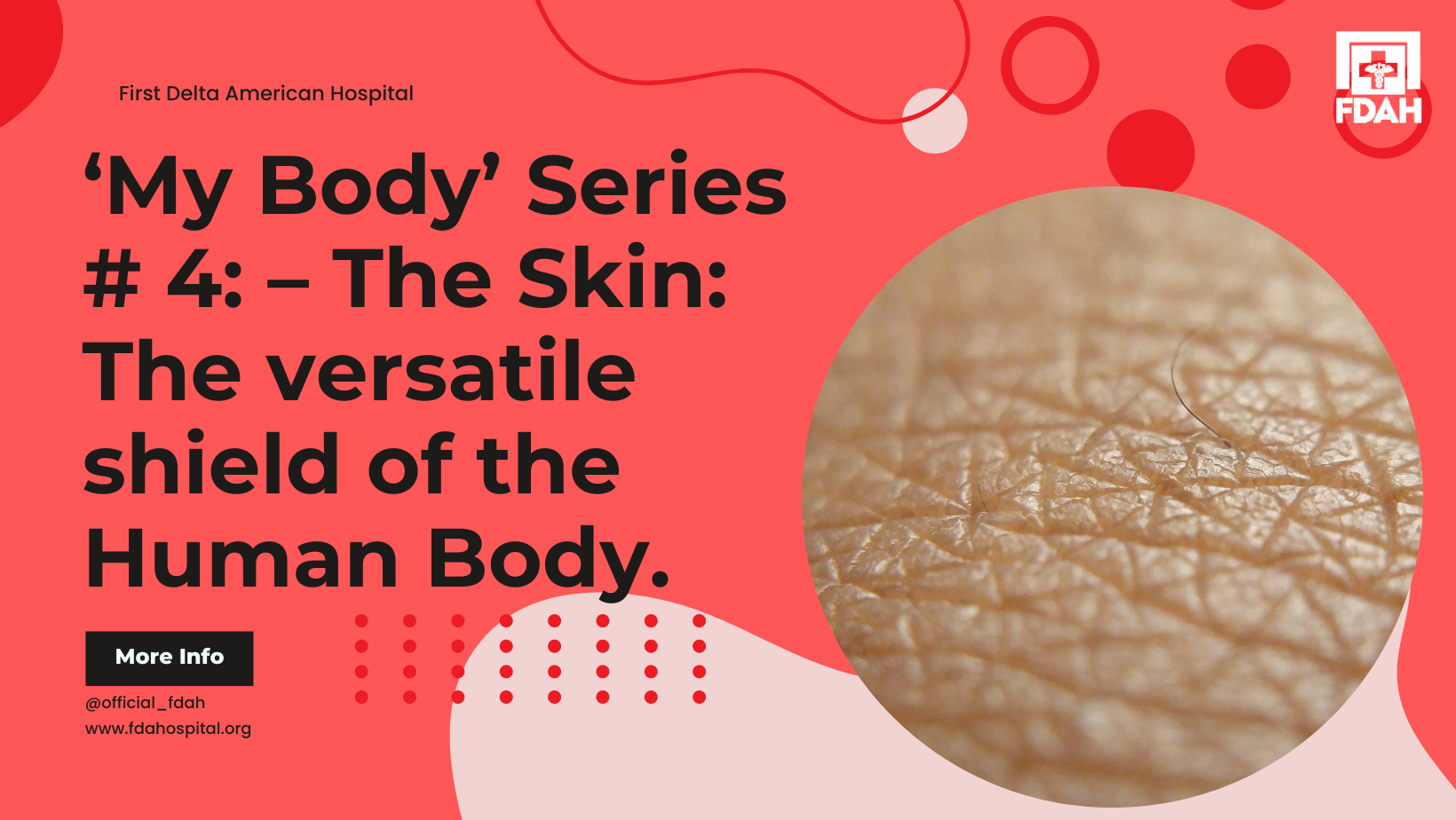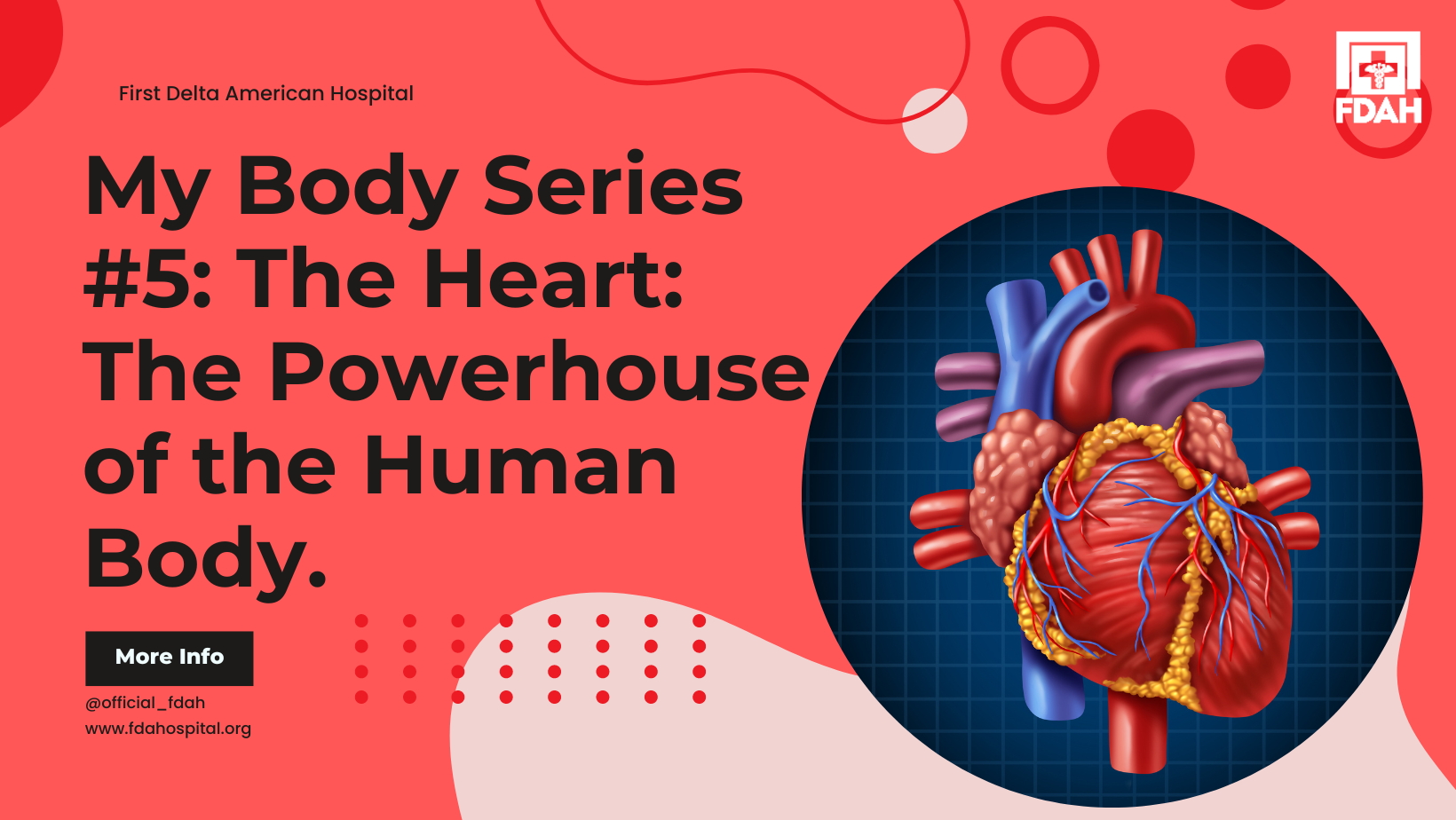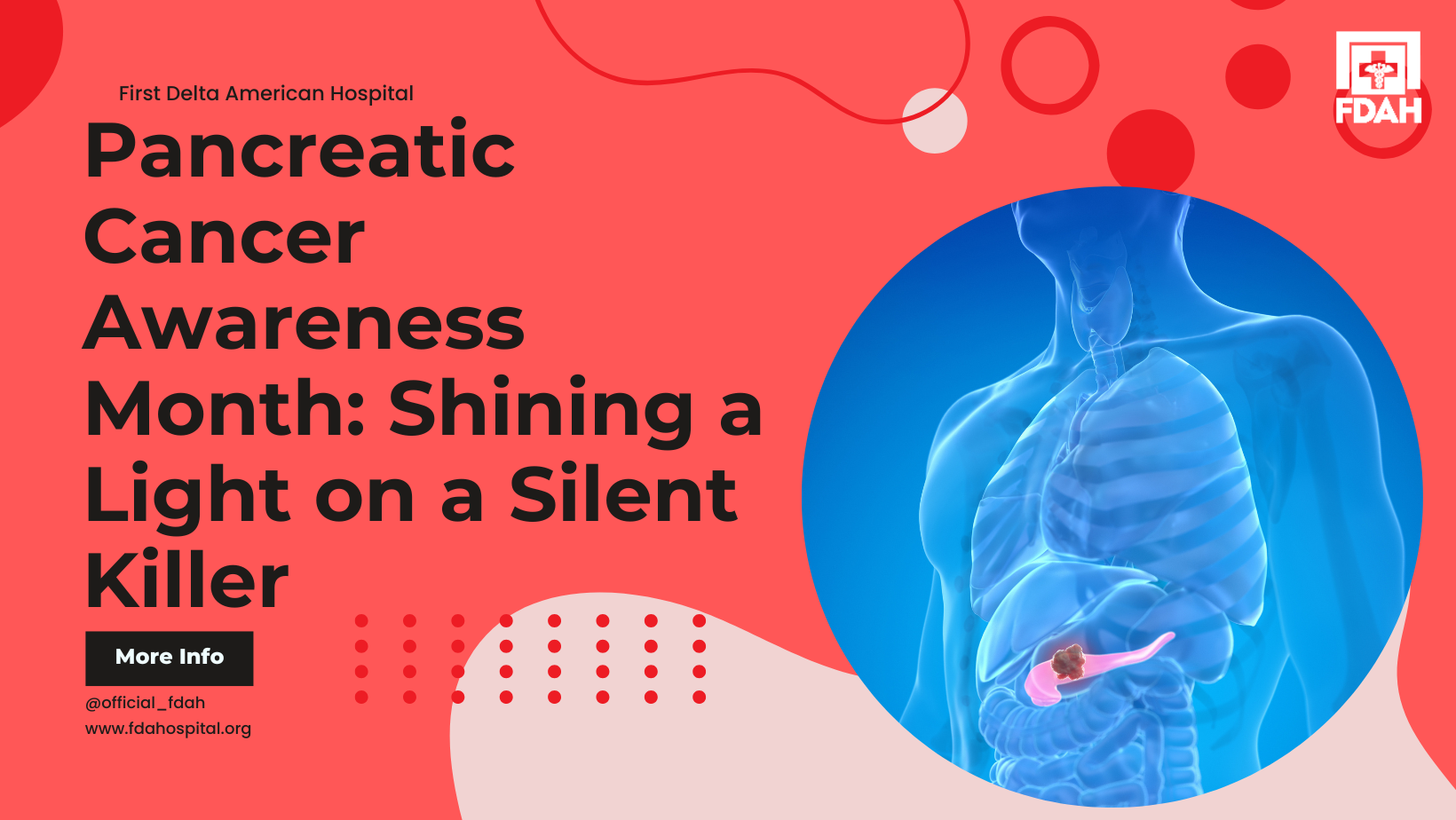The Urgency of Maternal and Newborn Health
Every seven seconds, a woman or newborn dies due to preventable complications related to pregnancy or childbirth. In 2025, World Health Day (April 7) adopts the theme “Healthy Beginnings, Hopeful Futures”, focusing on reducing maternal and neonatal mortality while advocating for equitable access to quality healthcare. This year’s campaign, led by the World Health Organization (WHO), highlights the stark reality that 4 out of 5 countries are off track to meet maternal survival targets by 2030. For adults aged 30 and above—many of whom are parents or caregivers—this day underscores the collective responsibility to safeguard the health of future generations.
The State of Maternal and Newborn Health
Global and Regional Challenges
- Maternal Mortality: Nearly 300,000 women die annually from pregnancy or childbirth complications, with Sub-Saharan Africa and South Asia accounting for 86% of these deaths.
- Newborn Deaths: Over 2 million babies die within their first month of life, and 2 million more are stillborn.
- Health Inequities: Women in low-income countries are 130 times more likely to die from pregnancy-related causes than those in high-income nations.
Root Causes
- Limited Access to Care: Only 50% of women in low-resource settings receive adequate prenatal care.
- Workforce Shortages: Africa faces a critical shortage of skilled birth attendants, with just 0.37 healthcare workers per 10,000 people.
- Socioeconomic Barriers: Poverty, lack of education, and cultural stigmas prevent women from seeking timely medical help.
WHO’s 2025 Campaign Goals
- Reduce Maternal Mortality: Aim to lower the global maternal mortality ratio (MMR) to less than 70 per 100,000 live births by 2030.
- End Preventable Newborn Deaths: Prioritize interventions like neonatal resuscitation training and kangaroo mother care.
- Strengthen Health Systems: Invest in infrastructure, workforce training, and telemedicine for rural areas.
- Combat Stigma and Inequity: Promote policies that protect women’s rights and address gender-based disparities in healthcare access.
How Individuals and Communities Can Act
1. Advocate for Policy Change
- Demand Increased Funding: Nigeria allocates only 4% of its budget to healthcare, far below the 15% Abuja Declaration target. Support campaigns urging governments to prioritize maternal health funding.
- Promote Universal Health Coverage (UHC): Advocate for policies integrating maternal care into national health plans 5.
2. Support Grassroots Initiatives
- Volunteer with NGOs: Organizations like Saving One Million Lives provide free prenatal check-ups and distribute essential supplies.
- Educate Communities: Host workshops to debunk myths (e.g., herbal remedies replacing medical care) and teach emergency birth preparedness.
3. Prioritize Preventive Care
- Prenatal Nutrition: Encourage diets rich in iron and folic acid to prevent anemia, a leading cause of maternal deaths.
- Vaccinations: Ensure pregnant women receive tetanus and COVID-19 vaccines to protect against infections.
4. Leverage Technology
- Telemedicine: Use apps like Medicaid to connect rural women with obstetricians1.
- Awareness Campaigns: Share WHO’s free toolkits on social media using #HopefulFutures and #HealthForAll28.
5. Foster Mental Health Support
- Postnatal Counseling: 1 in 5 women experience postnatal depression. Advocate for mental health services in maternal care programs.
- Community Networks: Create peer support groups for mothers to share experiences and reduce isolation.
Global Progress and Innovations
- WHO’s SDG 3 Targets: Aligns with UN Sustainable Development Goals to reduce maternal mortality by 75% and end preventable newborn deaths by 2030.
- Research Advancements: Studies published in Implementation Science highlight cost-effective strategies like community health worker-led prenatal visits.
- Climate Resilience: WHO’s Climate Change and Health Programme addresses environmental risks (e.g., air pollution) impacting maternal outcomes.
How You Can Make a Difference
- Spread Awareness: Share this article and WHO’s resources using #HealthyBeginnings2025.
- Donate: Contribute to organizations like the WHO Foundation to fund maternal health programs.
- Participate in Events: Join global webinars or local health fairs to learn about evidence-based practices.
- Advocate Locally: Petition policymakers to expand maternity leave and improve workplace support for pregnant women.
Conclusion
World Health Day 2025 is not just a reminder of the challenges—it’s a roadmap for action. By prioritizing maternal and newborn health, we lay the foundation for resilient families, thriving communities, and a healthier world. As WHO Director-General Dr. Tedros Adhanom Ghebreyesus states, “Health is a human right. Let’s make it a reality for every mother and child.”




